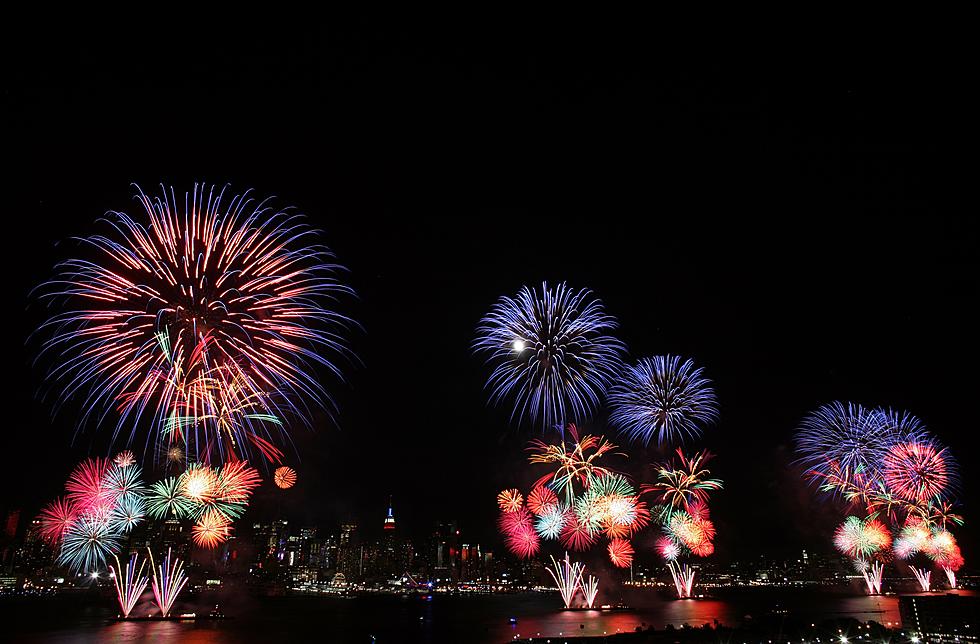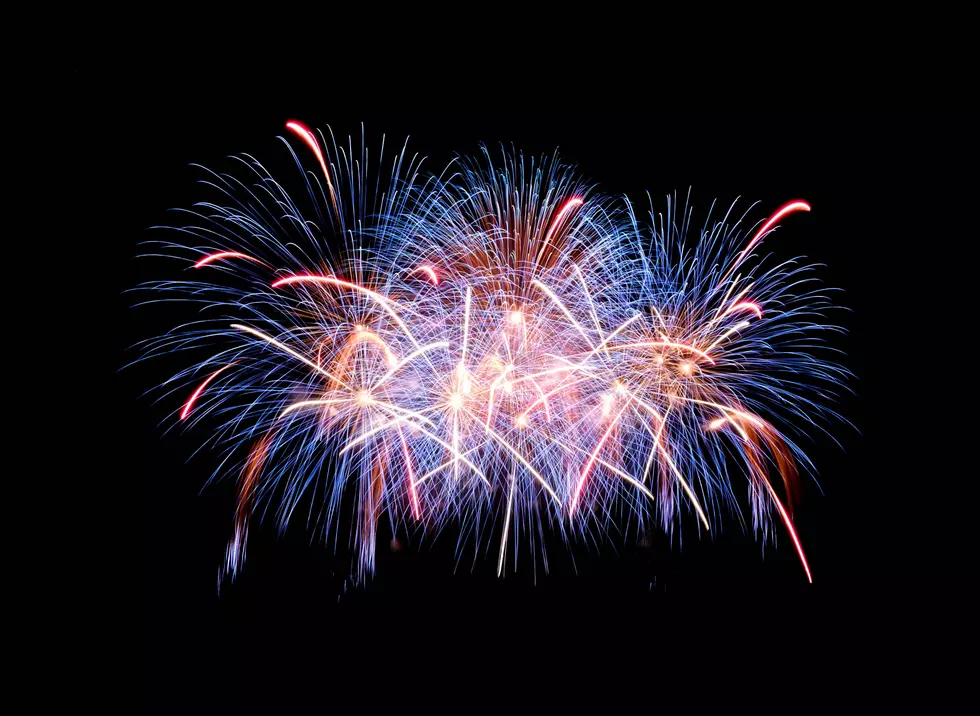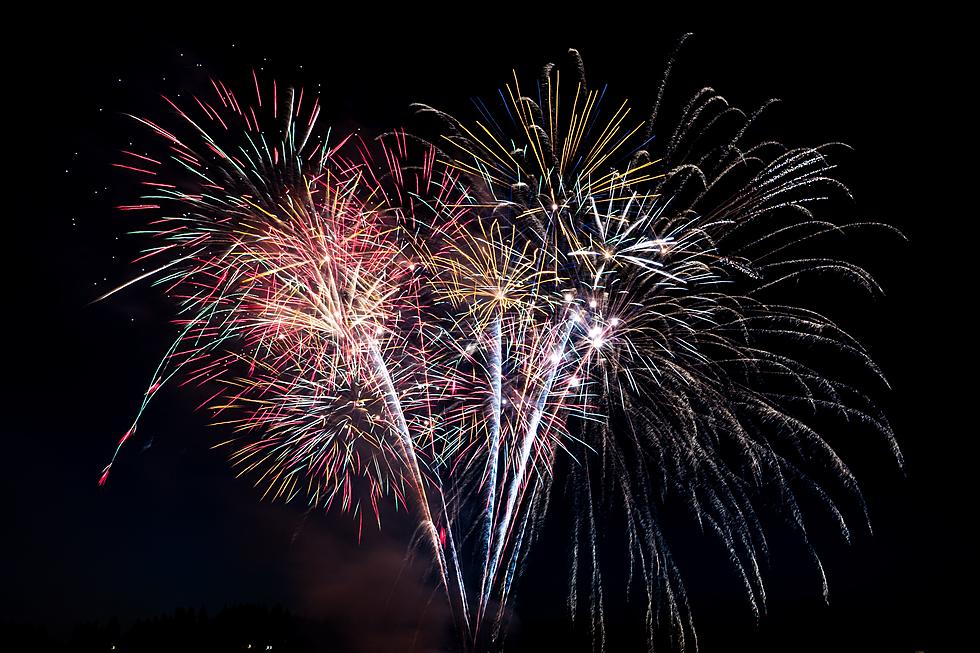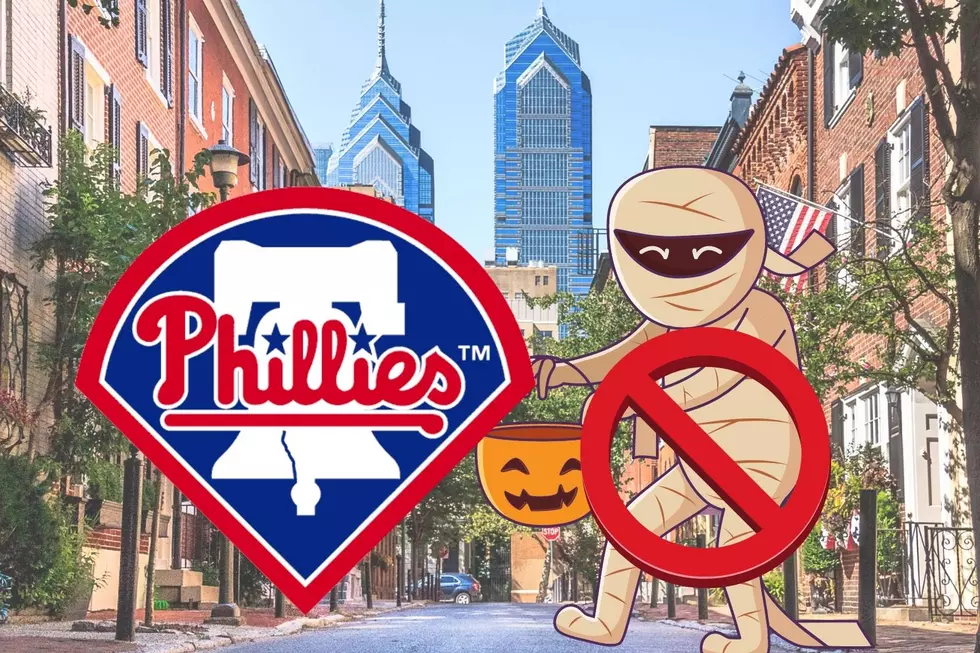
10 things you never knew about fireworks
This article first appeared on nj1015.com last year. With the 4th upon us, we thought you might want to brush up on some fun (and not so fun) facts.
You know fireworks are as American as baseball and hot dogs. You know that they are now legal in New Jersey. Well, as long as you're talking things like poppers and sparklers and nothing that explodes or goes airborne. Those are still not allowed. But there's a lot you may not have know about fireworks. One of these might make a good ice-breaker at a 4th of July barbecue. Have a happy and safe 4th of July!
1) The deadliest fireworks accident ever happened 250 years ago
It was at the end of the wedding of King Louis XVI to Marie Antoinette, May 30, 1770. During a fireworks display after the wedding a large wind knocked over some partially detonated rockets onto a large crowd of people. Panic set in and it was the ensuing stampede that did the most damage. 133 people died.
2) Women are hurt more often than men at public fireworks displays
Not sure why this is, but again it only applies to public fireworks displays. The kind you set off yourself hurts a lot more men than women. 74% male to 26% female. I'm actually surprised the female numbers aren't a lot lower.
3) In 2016, consumers in the United States spent $825 million on fireworks.
None of that money was spent in New Jersey. It wasn't until last year that fireworks became partially legal in the Garden State.
4) Americans have used fireworks to celebrate the country's independence since 1777.
Yes, if you ever wondered when the tradition began of using fireworks to celebrate our Independence Day it was immediate. On the very first anniversary fireworks were there and of course continue to this day.
5) The Walt Disney Company is the largest consumer of fireworks on the planet.
Have you ever been to Disney World at night? The fireworks display over the park, and centering over the Cinderella's castle, is an amazing sight to see. And don't forget they do them at EPCOT and Hollywood Studios as well. These are done nightly, so they really add up.
6) Blue is the hardest color to make
The basic component of fireworks are all the same, but the inclusion of different chemicals accounts for different colors. For blue you must have a copper compound, but if temperatures are too high the blue gets faded out. Since fireworks by nature are, well, really hot, blue is a tough color to master.
7) Kovtapyroergasoiphobia
This is the fear of fireworks. Too hard to say that name? Then call it pyrotechnophobia. More people will understand what you mean anyway.
8) Sparklers are actually very dangerous
Sparklers, now legal in New Jersey, account for 16% of all fireworks injuries. They can burn from 1800 to 3000 degrees Fahrenheit. You wouldn't let your five year old stand in the yard playing with matches, right?
9) John Smith set off the very first fireworks in the United States.
Yes that John Smith, of Pocahontas fame. In 1608 he is said to have used the first fireworks. Obviously not to celebrate an Independence Day still a long way off, but to intimidate nearby Native Americans.
10) Fireworks have been around for almost 3,000 years
Not only have fireworks been around for that long, they've been around longer than gunpowder and explosive weapons. Somewhere between 600 and 900 AD Chinese alchemists stumbled upon the creation of the first fireworks. Charcoal, sulfur, and saltpeter (aka potassium nitrate) was mixed with other ingredients in an attempt to concoct a potion for immortality. Ironic considering fireworks kill an average of 7 people per year in the U.S. alone. Instead of a potion for immortality they accidentally created fireworks. It wasn't until a century later that they realized they could be used in battle by attaching firecrackers to arrows.
While New Jersey has legalized some of the smaller types of fireworks, we know people all across the state entertain themselves with the illegal kind. Just last month a 23-year-old man in Newark died in a fireworks mishap with burned skin and internal injuries. Please be safe!
More From SoJO 104.9 FM










